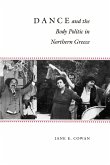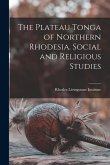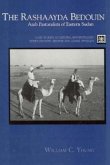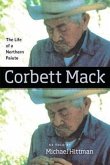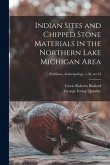In this book, Saturnino Onyala describes the social values and social relationships of the Northern Luo of South Sudan. This is a culture and history that has not been studied in depth in the past - there are very few written texts on the subject. Consequently, this is a must read for anthropologists, historians, sociologists, social workers and philosophers who are interested in the lives of the Northern Luo as well as for the Luo people themselves, who have been dispersed across the globe following years of war, persecution and forced migration. The materials are based on both face-to-face discussions with elders from various groups of the nine clans of the Northern Luo. Secondly, the materials in this book are also based on anthropological studies in the then Sudan, with the author's additional description and analysis of the history, traditions and culture. Onyala begins this work by tracing the social values and practice of social relations of the Northern Luo as from the ancient Kingdom of Kush; he also reveals on how the Luo have exerted considerable influence on the Greeks. Onyala reveals that the alphabet that most writers claim was developed by the Egyptian in reality was originally created as set of letters from the Luo people, when they were in the Kush Kingdom, a part of Egypt at that time. The book describes how the nine clans of the Northern Luo of South Sudan are related and how they later on separated from each other; the book goes further to describe the geography and demography of each of the Northern Luo clans and where they are today. The book examines the Luo's search for new settlements, including the challenges they faced as they marched through occupied lands in search of a new place to call home. The book reveals that Acholi clan (which is part of the Northern Luo) are the founders of Freedom and Democracy in South Sudan, a fact hardly spoken of today, due to the marginalisation of the Acholi in particular and the marginalisation of the Northern Luo in general within South Sudan. The book offers an opportunity for the men and women, boys and girls of the Northern Luo to understand the blood relationship that exists among them and appreciate the importance of reunification of the Luo groups by building a community of shared culture, beliefs and destiny. The book describes details of traditional Northern Luo cultures and their societies that include kinship, arts, hand crafts, music, economy and livelihoods, marriages, and many other aspects. Saturnino Onyala wants to pass this rich knowledge of cultural values and social relationships of
Hinweis: Dieser Artikel kann nur an eine deutsche Lieferadresse ausgeliefert werden.
Hinweis: Dieser Artikel kann nur an eine deutsche Lieferadresse ausgeliefert werden.

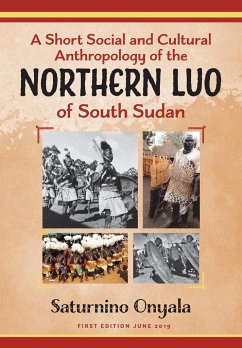
![The Royal Arch Chapter of St. Andrew and St. John, No. 4, G.R.C., Toronto, Established 1800 [microform]: By-laws and Constitutions, With a Short Histo The Royal Arch Chapter of St. Andrew and St. John, No. 4, G.R.C., Toronto, Established 1800 [microform]: By-laws and Constitutions, With a Short Histo](https://bilder.buecher.de/produkte/65/65583/65583681m.jpg)
![A Short Historical Sketch of the Barton Lodge of A.F. & A. Masons [microform] A Short Historical Sketch of the Barton Lodge of A.F. & A. Masons [microform]](https://bilder.buecher.de/produkte/65/65551/65551280m.jpg)
